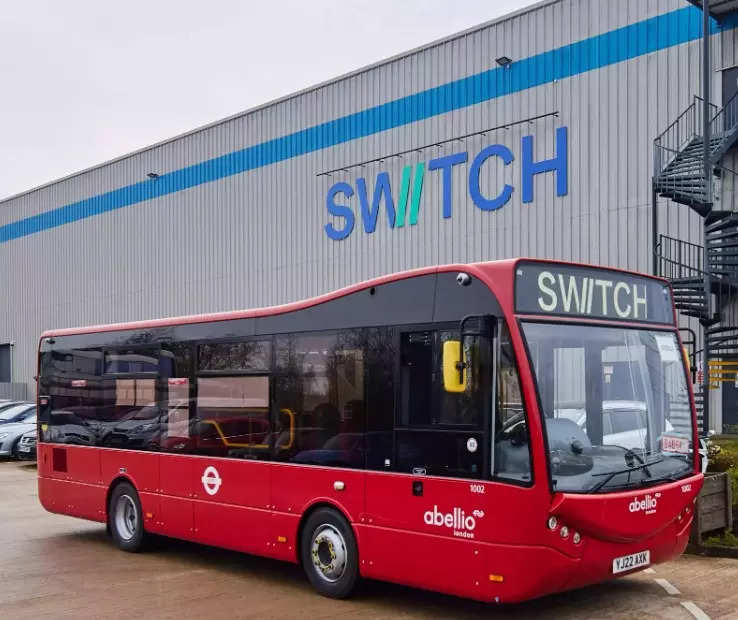
New Delhi: Switch Mobility, the Ashok Leyland-owned electric bus and light commercial vehicle maker, had broken ground little over two years ago in Spain’s Valladoild to set up a bus and van plant to service the European market, The plant hasn’t come up yet, because the OEM finds it more viable to produce the planned vehicles elsewhere now. ”Right now, we are not going ahead with the Spanish bus factory,” Mahesh Babu, CEO, Switch Mobility told ETAuto.
The greenfield project was planned to see an investment of Euro 100 million. The factory plan is stalled, but plans for the Spanish electric bus market continue. The e1, Switch Mobility’s first bus, is expected to be introduced in Spain in another 3-4 months. “The e1 bus is going to be ready for the market by August, and we are delivering the first two buses to Benidorm (in Spain) by September,” Babu said.
After delivery of the first set of buses, Switch Mobility plans to bid for electric bus tenders in the European country. The addressable market for Switch Mobility in Spain is pegged at around 400 buses. Till the time the company hits a critical number in terms of demand in Spain, the buses orders will be met by the company’s plants in the UK, and India.
Ashok Leyland’s plant in Ras Al Khaimah, UAE, may also be tapped by Switch Mobility to manufacture its vehicles. The plot of land in Spain earmarked for the bus plant still remains with Switch Mobility. It plans to build the manufacturing plant on it once it sees an annual demand of 150 or so units of its buses in Europe.
The Spanish plant project is not the only one suspended by Switch Mobility. It was planning an investment of up to INR 1000 crore to set up a plant in India, which has been shelved as the company opts for a more economical way of fully optimising manufacturing assets available in the Ashok Leyland Group, before setting up another plant of its own. Switch Mobility leverages parent Ashok Leyland’s plants in Tamil Nadu’s Ennore, and Hosur to produce its buses, and the recently-,launched eSCVs.
“Investment should not drive the market, the market should drive investment. and that’s what I strongly believe because we have to create shareholder value, and we have to create every value at every place we are in,” says Babu.
The approach will also help conserve cash for the EV maker, where its parent company decided to pump in INR 1200 crore last November, after talks with prospective investors didn’t yield positive results.
Export strategy
Apart from Europe, Switch Mobility sees good prospects in South East Asia, GCC (Gulf Cooperation Council), and Africa to execute its vision of being a global electric CV OEM. Neighbouring Nepal is the first export market it prepares by sending the IeV4 eSCV for trials. Swtich Mobility is betting on the small electric trucks to ramp up volumes faster, and also potentially help Ashok Leyland in its quest to be among the top 10 CV OEMs in the world.
“We have a huge export potential, because you don’t have that emission restrictions (applicable in ICE vehicles) in many countries in which we believe we will play a vital role. In markets where Ashok Leyland is present, and also where Ashok Leyland is not present today can be explored, through EVs,” says Babu. Left hand drive markets may also be tapped as the eSCV’s architecture allows it to have an LHD version also.
And, with electrification making inroads into the CV industry, Babu believes more segments will open up to be explored for playing in. What Babu and his team would look for is the requisite demand for a sustainable growth story. For India, Switch Mobility projects the eSCV market to reach between 4,000 and 6,000 units this year. It recently bagged an order of 500 IeV4s, from EV fleet operator Magenta Mobility, to be delivered within a year.
















